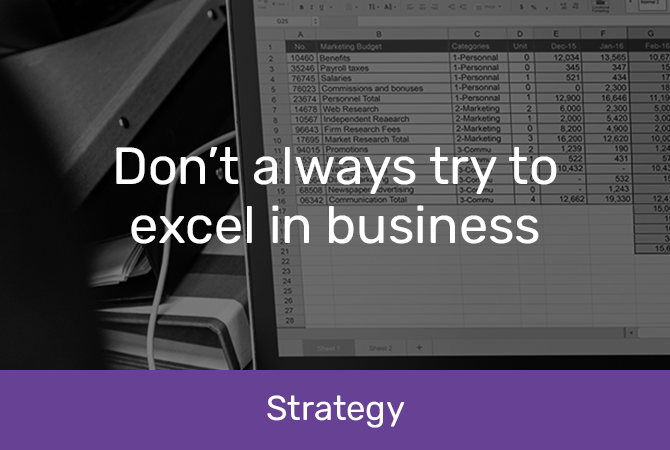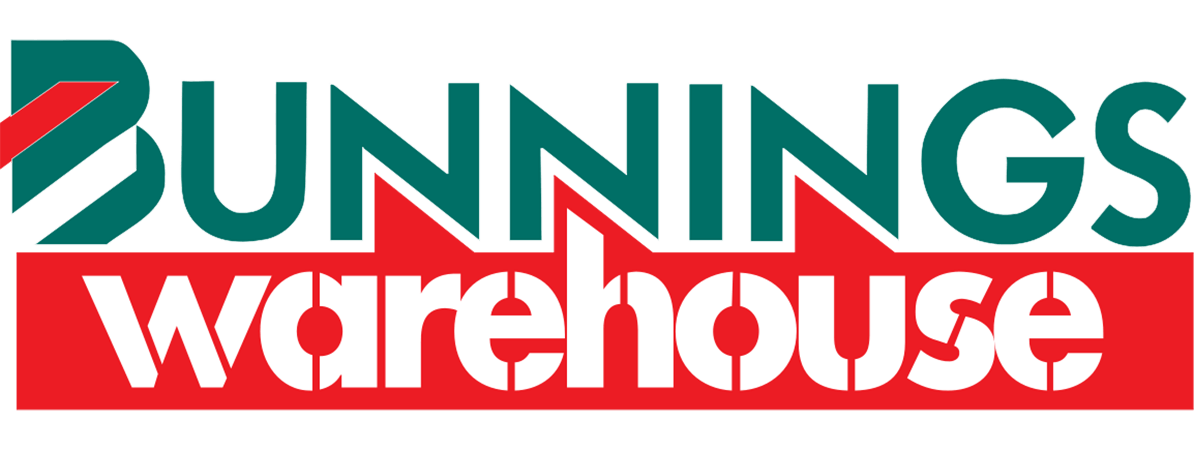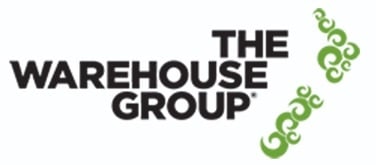
Don’t always try to excel in business
Back in 2013, Tim Worstall of Forbes suggested that Excel might be the most dangerous software on the planet, referring to billions of dollars lost in part because of spreadsheet error, repeated and scaled each time someone opens that Excel “tool”.
Unfortunately, things haven’t changed. At Datamine we work across a large cross section of businesses which allows us to make powerful observations – one of which is that almost all businesses are still running critical business processes in Excel, often without a great deal of transparency and governance.
The reliance on Excel is understandable - it’s the swiss army knife of business applications. But in our experience when you push it beyond its intended purpose and limitations, the risks far outweigh the rewards.
The key issues with Excel-based tools that have grown organically over time include:
-
They are usually run by the expert who built it. Let’s call that person Kevin. We all know a Kevin. Without Kevin you’re in a world of pain as the inner workings are rarely documented
-
There is often a large component of manually inputted data. And the person doing that job hates it. And is making mistakes
-
These excel tools are hard to debug, tough to add new functionality to, and don’t adapt with the changing needs of the business
-
Often there are some parts that don’t work, but if Kevin has left the building they continue as known errors as everyone’s afraid a ‘fix’ might permanently break it
While we acknowledge that Excel does have a part to play in some areas – it’s perfect for ad hoc analysis, financial calculations, budgets or creating charts for presentations - it’s risky to manage critical businesses processes in Excel given these types of limitations.
So, what’s the solution?
When we bring data science capability to an organisation we’re often asked “ok, where do we start?”. Identifying an important business process, likely to be running at least in part out of excel, and building out a more robust application is often a good place to deliver significant and measurable wins to your organisation. We recently collaborated with a client on a project that saved the organisation over 45,000 people hours per annum.
We’ve helped deliver huge gains to businesses by creating lightweight, bespoke software applications with a core analytical component, such as demand forecasting, scenario and simulation modelling.
![]() These solutions take in data, perform complex calculations or apply statistical techniques, and then present key business outputs in an easily accessible, intuitive web interface.
These solutions take in data, perform complex calculations or apply statistical techniques, and then present key business outputs in an easily accessible, intuitive web interface.
![]() Components of the solution include one or more data feeds, a strong back-end data processing engine, statistical processes driven by the right programming languages for the job, documented business logic and mathematical techniques, and front-end interfaces.
Components of the solution include one or more data feeds, a strong back-end data processing engine, statistical processes driven by the right programming languages for the job, documented business logic and mathematical techniques, and front-end interfaces.
![]() The payback period is usually very quick – while also reducing the risk associated with having business-critical decisions rely on tools that are almost impossible to audit.
The payback period is usually very quick – while also reducing the risk associated with having business-critical decisions rely on tools that are almost impossible to audit.
Key benefits of data-driven applications vs Excel-based applications:
-
Lower the risk of bad decisions that are consistently perpetuated through your business
-
Well documented, modular code that can be debugged, unit tested, and upgraded/enriched easily
-
Speed increases of over 100x to perform the function – allowing for more testing and agile decision making
-
A way to operationalise analytical outputs which goes to the heart of actionable insights
-
Ability to save and compare results, go back in time to analyse, or put the answers directly in the hands of your team
-
User-friendly web or data visualisation front end with a help function and user manual
At Datamine we’d recommend you cast your eye over the critical processes in your business and assess the risk Excel is exposing you to. Prioritise the processes that really matter and get them into a robust application sooner rather than later. There is a better way. And it’s not relying on Kevin.















































